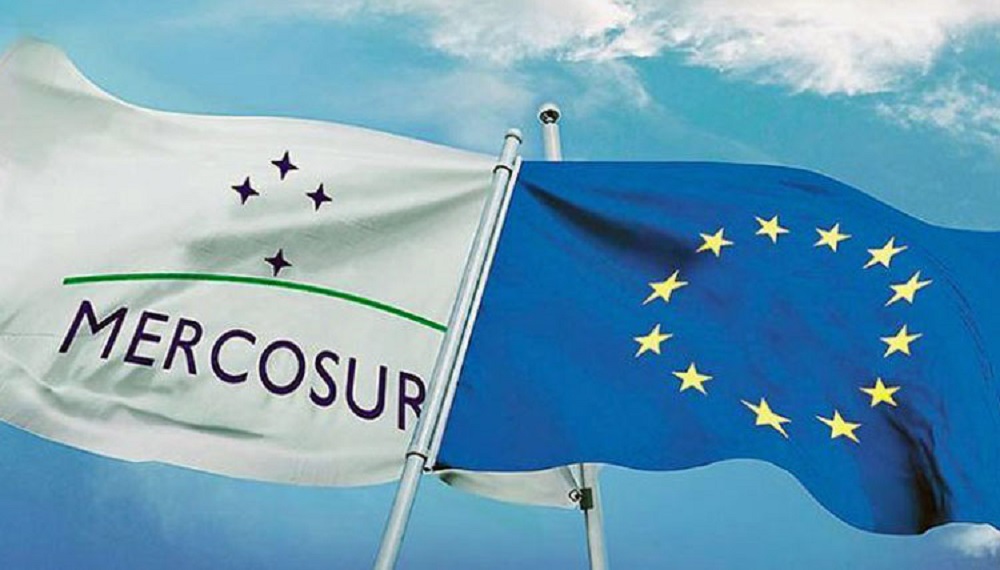RIO DE JANEIRO, BRAZIL – France claims to have confirmed its greatest fears over the negative environmental impact, particularly in terms of deforestation, of the trade agreement between the European Union (EU) and Mercosur, which is still pending ratification.
For this reason, the government of President Emmanuel Macron announced on Friday, September 18th, that it continues to oppose the treaty as it stands and stated that it intends to renegotiate, first with its European partners and then with Latin Americans, guarantees that the pact will comply with the health requirements and above all with the Paris Agreement.

After receiving the “worrying findings” of the report commissioned last year to a committee of independent experts on the agreement’s impact, “the French government concluded that these elements reinforce France’s opposition to the draft association agreement as it stands,” notes a statement from the office of the French Prime Minister, Jean Castex, lamenting the agreement’s “insufficient level of ambition” on the environmental issue.
“The draft agreement does not contain any provisions to discipline the Mercosur countries’ actions in the fight against deforestation. It is the main failure of this agreement, and this is the main reason why the French authorities oppose the project in its current state,” added a government source quoted by France Presse. Castex himself stated in a post on social media that opposing the pact under these conditions is an act of “coherence with the environmental commitments” of France and Europe.
According to France Presse, which claims to have had access to the 184-page report on the subject, the experts conclude that “the agreement is a lost opportunity for the EU to use its negotiating power to secure solid guarantees that meet” the “environmental, health and […] social expectations of its citizens”.
The report estimates that deforestation in Mercosur (Argentina, Brazil, Paraguay and Uruguay) could “accelerate by five percent a year” due to the additional grazing area that would be needed to cover the increase in cattle production for the EU (between two and four percent). The report also estimates that the agreement would generate an increase “of between 4.7 and 6.8 million equivalent tons of carbon dioxide ” in the emission of greenhouse gases, and questions whether the “economic gains” would offset “the climate costs”.
For Paris, work is needed on three key aspects. On the one hand, an agreement with Mercosur “cannot, in any way, lead to an increase in deforestation.” Moreover, Mercosur members’ public policies must be “fully in line with their commitments to the Paris Agreement.” Finally, the Prime Minister’s office points out that imported agricultural products that benefit from preferential access to the European market “must respect EU health and environmental standards.”
Before “restarting” the process for an agreement between the EU and Mercosur, the French government wants to work with its European partners to develop “specific proposals” on these issues.
Last year, French resistance to the Mercosur agreement led to serious tensions between Macron and Brazilian President Jair Bolsonaro. Paris is not the only capital that views the agreement with suspicion. The parliaments of Austria and the Netherlands have already rejected it in its current form. In addition, German Chancellor Angela Merkel expressed “serious doubts” about the treaty last month.
On Tuesday, Brazilian Vice-president Hamilton Mourão received a letter signed by ambassadors from eight European countries -Germany, United Kingdom, France, Italy, Netherlands, Norway, Denmark and Belgium. The text anticipated Macron’s position on the issue: as long as deforestation control and environmental preservation are not priorities for Brazil, trade will be threatened.
Source: El País

